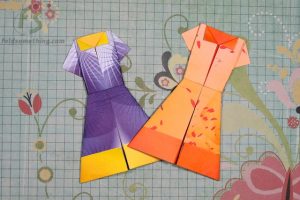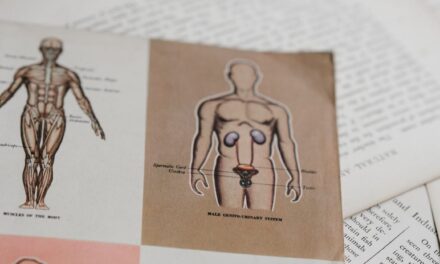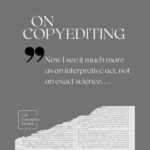 From Julianna Baggott‘s essay “My Mother in Her Mail-Order Scott Paper Company Dress: A Portrait of Intergenerational Neuroses” (10.1), we learned . . . well, first of all, that paper dresses exist. Or rather that they existed, er, before all those women caught on fire. Perhaps more to the point, we learned how this sartorial innovation appealed to people with a certain psychology, one marketers of disposable products later targeted. In Baggott’s words, “My mother was a germophobe before it was cool, and by cool I mean before it became a marketing strategy to fearmonger mothers, in particular, into buying products to sterlize and protect the lives of their family. My mother’s fear—epitomized in this essay by her desire to buy disposable dresses during the short-lived paper-dress craze of the ’60s—shaped her life and mine. And now this base fear (of super viruses) affects us all.”
From Julianna Baggott‘s essay “My Mother in Her Mail-Order Scott Paper Company Dress: A Portrait of Intergenerational Neuroses” (10.1), we learned . . . well, first of all, that paper dresses exist. Or rather that they existed, er, before all those women caught on fire. Perhaps more to the point, we learned how this sartorial innovation appealed to people with a certain psychology, one marketers of disposable products later targeted. In Baggott’s words, “My mother was a germophobe before it was cool, and by cool I mean before it became a marketing strategy to fearmonger mothers, in particular, into buying products to sterlize and protect the lives of their family. My mother’s fear—epitomized in this essay by her desire to buy disposable dresses during the short-lived paper-dress craze of the ’60s—shaped her life and mine. And now this base fear (of super viruses) affects us all.”
Assistant editor Sara Watson appreciates yet another intriguing aspect of the essay: “What I admire most is the care with which the author treats her mother. ‘Some people,’ Baggott writes, ‘speak of barely surviving their childhoods because of the oddities and disturbances of their parents. Oh, we survived all right, but she struggled.’ At some point in our small and tortured lives, many of us will arrive here, at the understanding that our parents are people with their own set of problems. The best we can hope for is to learn from them, not just about ourselves, but about themselves. ‘She hovers when we’re sick,’ Baggot writes of her mother: ‘She worries, and it is prayer.’ Clearly part of what Baggott describes as ‘intergenerational neuroses’ is an overwhelming sense of compassion. And that’s worth passing on.”










